
Want to ensure that your exotic pet is getting the best possible mental health care? Providing them with a stimulating environment, adequate nutrition, physical exercise, and social interaction are all key factors in maintaining their mental well-being.
Mental health can be just as important for exotic pets as physical health. Just like people, animals need stimulating environments, adequate nutrition, exercise, and social interaction in order to stay mentally healthy. In this blog post, we explore six ways to keep your exotic pet mentally healthy and happy.
Importance of Mental Health in Exotic Pets
Mental health is an important factor to consider when caring for exotic pets, such as parrots or small primates. A happy pet will be more active and engaging than a pet that is feeling down or stressed.
Signs of depression or anxiety may include lack of appetite, self-mutilation, aggressive behavior towards other animals or humans, and lack of interest in previously enjoyed activities.
When addressing mental health issues, it’s essential to provide the animal with adequate exercise, a spacious environment to explore, and more. Through careful planning and observation, it’s possible to create an enriching environment in which these exotic creatures can flourish both physically and mentally.
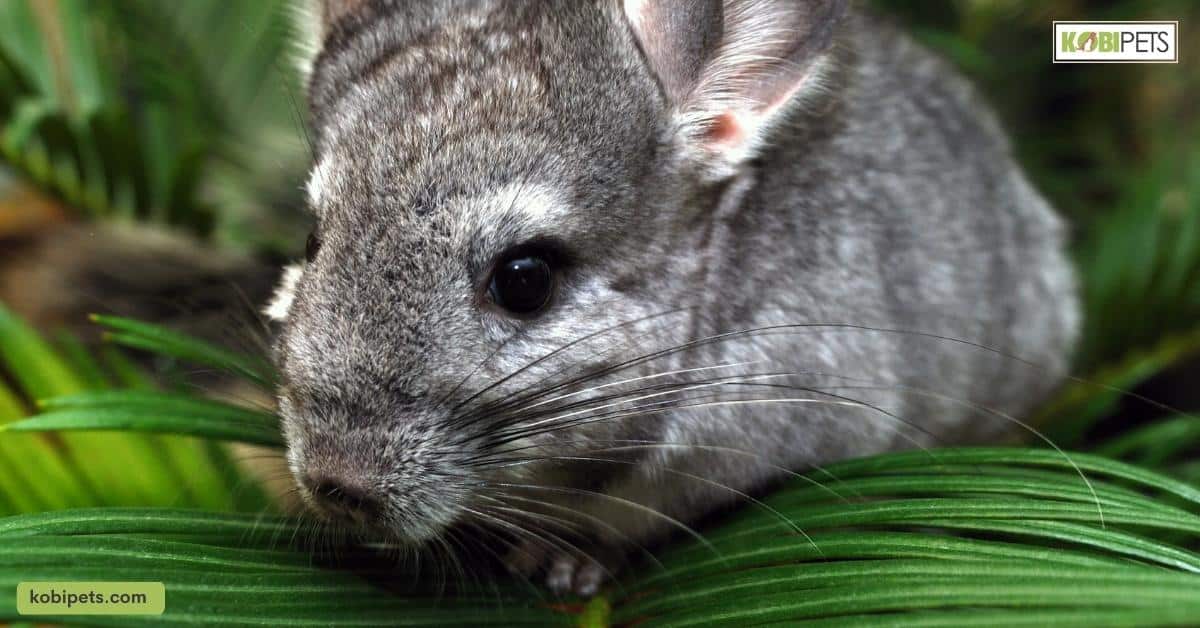
Types of Stimulating Environments for Different Exotic Pets
Exotic pets are perfect for pet owners looking for a companion that is different from traditional cats and dogs. When it comes to providing them with an exciting environment, it’s important to understand what type of exotic pet you have as each of them has unique needs.
For instance, birds need rooms with plenty of natural sunlight while hermit crabs require sandy substrate and an ample number of hiding places. Knowing the necessary features for your specific pet can help create the right type of stimulating environment.
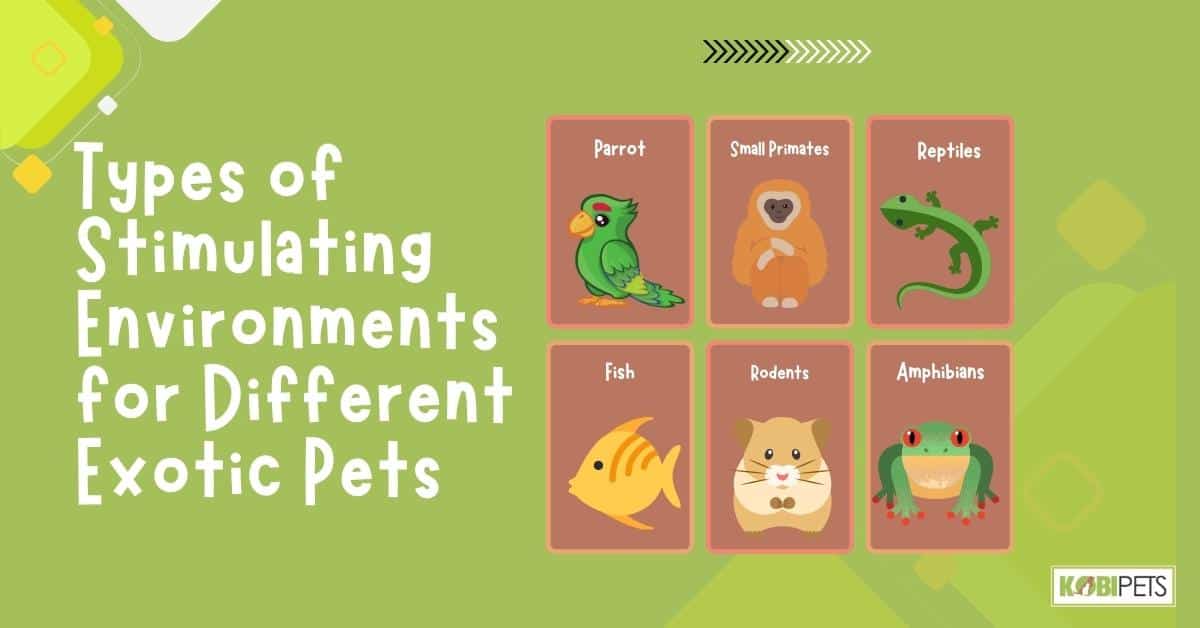
Types of Stimulating Environments for Different Exotic Pets
- Parrots: Parrots need plenty of space to fly around and explore, so a large aviary with plenty of branches, toys, and other interactive elements can help keep them stimulated mentally.
- Small Primates: Most primates require a larger living environment than parrots, as they need more room to climb and explore as well as interactive elements, like swings, ladders, and ropes.
- Reptiles: Reptiles need plenty of space to roam around and hide in order to stay mentally stimulated. A terrarium with branches, rocks, and other hiding spots can provide a stimulating environment for them to explore.
- Fish: Fish need a clean, well-maintained tank with plenty of plants and hiding spots. This can help keep them active and engaged while swimming around the tank.
- Rodents: Rodents need plenty of space to explore, as well as chew toys, ladders, and other interactive elements. Providing them with a large cage with an exercise wheel can help keep them mentally stimulated.
- Amphibians: Amphibians need a humid environment in order to stay healthy and active, so it’s essential to provide them with a terrarium with plenty of plants and hiding spots. This can help keep them active and engaged while they explore their environment.
Nutritional Requirements of Different Exotic Pets
Taking care of exotic pets is a rewarding but complex experience. Different species have vastly different nutritional requirements, which must be carefully researched and understood to provide an appropriate balance of food, vitamins, and minerals for optimal health.
Nutrition can even have an impact on a pet’s mental well-being; proper nutrition will provide the beneficial long-term effects of energy, enhanced immune response, and hormonal regulation. Paying attention to the dietary needs (wet, dry, grain-free) of each species is also essential, as this can influence the pet’s overall happiness and contentment.
Look for foods specifically formulated for exotic pets that contain all necessary vitamins, minerals, and proteins that are nutrient-rich and easy to digest. Feeding multiple times daily in small amounts will also keep your pet feeling mentally engaged as it is constantly looking forward to meal times.
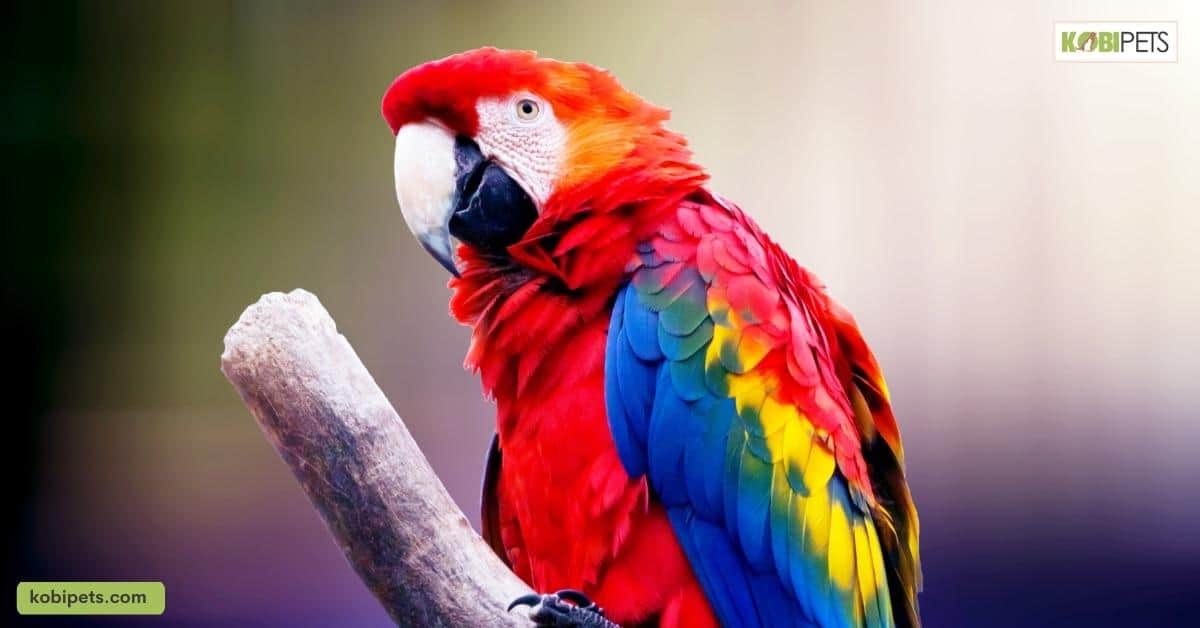
Types of Physical Exercise for Different Exotic Pets
Finding innovative ways to keep many of our beloved and more unusual pets fit and healthy can be a challenge. One solution is physical exercise, which not only improves the quality of their life but also gives them a chance to burn off excess energy.
While some activities remain fairly consistent among different species, others vary significantly.
- Foraging: Foraging is a great way to keep exotic pets mentally stimulated and physically active. Place treats or toys around the enclosure for your pet to find, as this can help encourage natural behaviors like foraging, which helps occupy their mind and body.
- Training Sessions: Regular training sessions will keep your exotic pet mentally and physically engaged. Teaching them basic commands, and using positive reinforcement techniques such as treats or praise, can help keep your pet entertained while also providing opportunities to bond.
- Swimming: For aquatic species like fish, turtles, and frogs, swimming is a great way to provide physical exercise as well as mental stimulation. Create an appropriate environment for them to swim and explore in their enclosure, with plenty of hiding spots.
- Flying: For birds and bats, regular flying sessions are essential for providing mental stimulation and physical exercise. Create a large enough space for your pet to fly around freely, with plenty of obstacles and toys for them to explore as they fly.
- Climbing: For reptiles and small primates, climbing is an essential part of their physical exercise. Provide them with plenty of branches and ladders to climb on, as this will help keep them engaged for extended periods of time.
- Running: For rodent species like hamsters and gerbils, running is essential for providing physical exercise. Set up an appropriate wheel or treadmill in their enclosure to encourage running and keep them active.
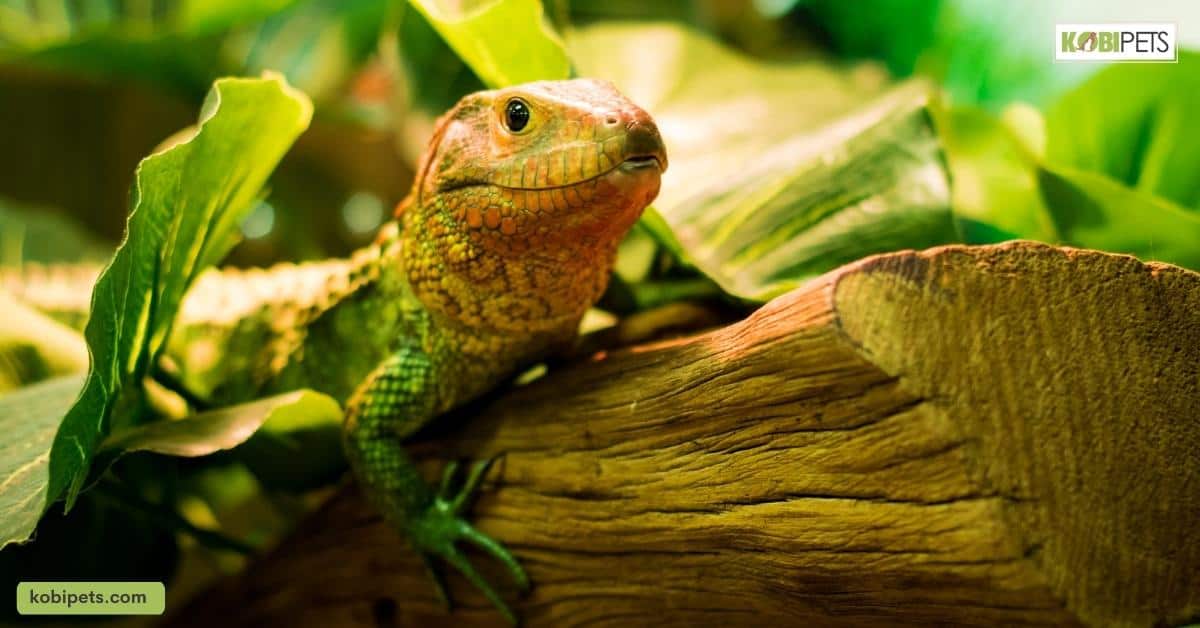
How to Provide Social Interaction for Different Exotic Pets
While every exotic pet needs specific care instructions, all owners should be sure to give their pets ample opportunities for social interaction. Smaller animals such as parrots, ferrets, and aquatic animals often crave interaction and can grow especially unhealthy if left alone for long periods of time.
With larger pets, like reptiles and amphibians, it is important to have someone nearby to observe their behavior so that any health issues can be caught early on. A well-socialized pet is a healthier, happier pet – so don’t forget to give your special buddy some quality human interaction!
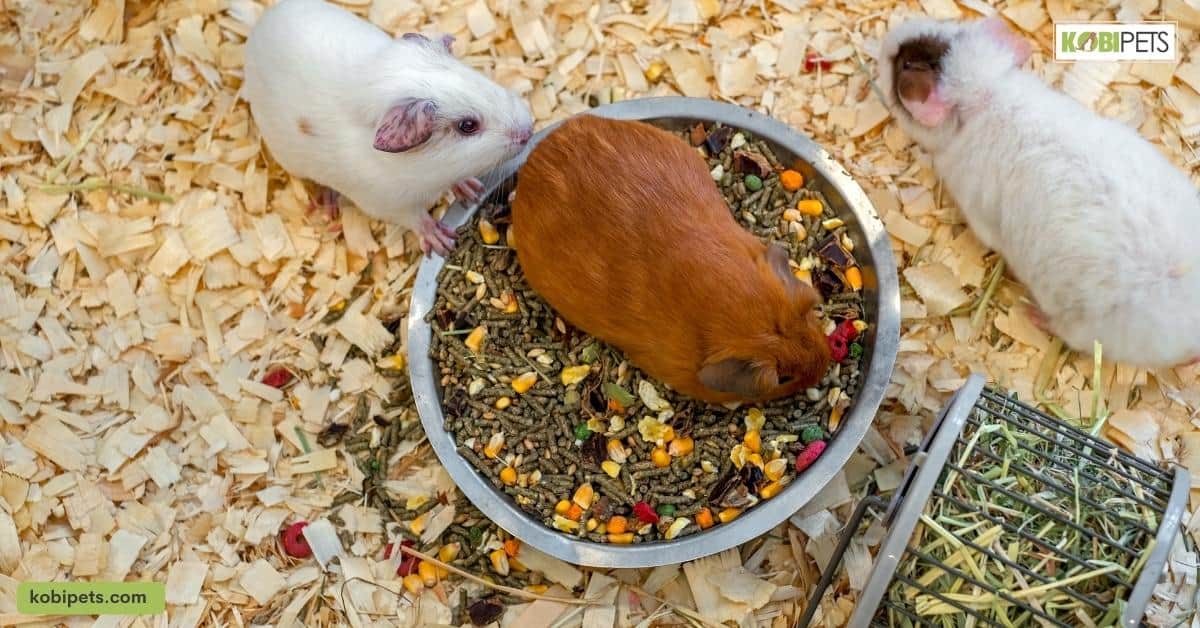
Benefits of Mental Stimulation for Mental Health
Mental stimulation is the use of activities, such as reading or problem-solving, to keep people’s minds active and engaged. Research has shown that engaging in mental stimulation activities offers a number of benefits for our mental health.
These range from reducing stress and improving cognitive processes to giving us a sense of purpose and helping us stay connected with others. Mental stimulation helps us age gracefully, find joy in everyday life, and increase our general well-being.

Benefits of Mental Stimulation for Mental Health
Improved Cognitive Function
Mental stimulation helps to strengthen the areas of the brain responsible for cognition, language development, problem-solving skills, and decision-making which can lead to improved cognitive performance and enhanced learning abilities.
Reduced Anxiety and Stress Levels
Engaging in mental activities such as puzzles or reading can help to reduce stress and anxiety levels by providing a distraction from daily worries and giving the mind something else to focus on.
Improved Memory
Mental stimulation can help improve memory recall and retention, as engaging in activities that exercise the brain helps strengthen neural pathways responsible for storing memories.
Increased Creativity
Mental stimulation encourages creative thinking by providing a new perspective on problems or tasks. This can be beneficial in developing solutions to difficult challenges and finding unique ways of expressing oneself.
Better Mood
Mental stimulation increases the production of neurotransmitters such as serotonin, dopamine, and endorphins which are responsible for regulating mood. Engaging in stimulating activities can help to improve mood and reduce the risk of depression.
Sharper Concentration
Regularly engaging in mental activities can help to increase focus and concentration, as it forces the brain to stay active and use its resources more efficiently. This can lead to improvements in work or school performance.
In Conclusion
Providing your exotic pet with the best possible mental health care is essential for their physical and emotional well-being. Ensuring that they have stimulating environments, adequate nutrition, exercise, and social interaction are all key factors in helping them maintain their mental health.






